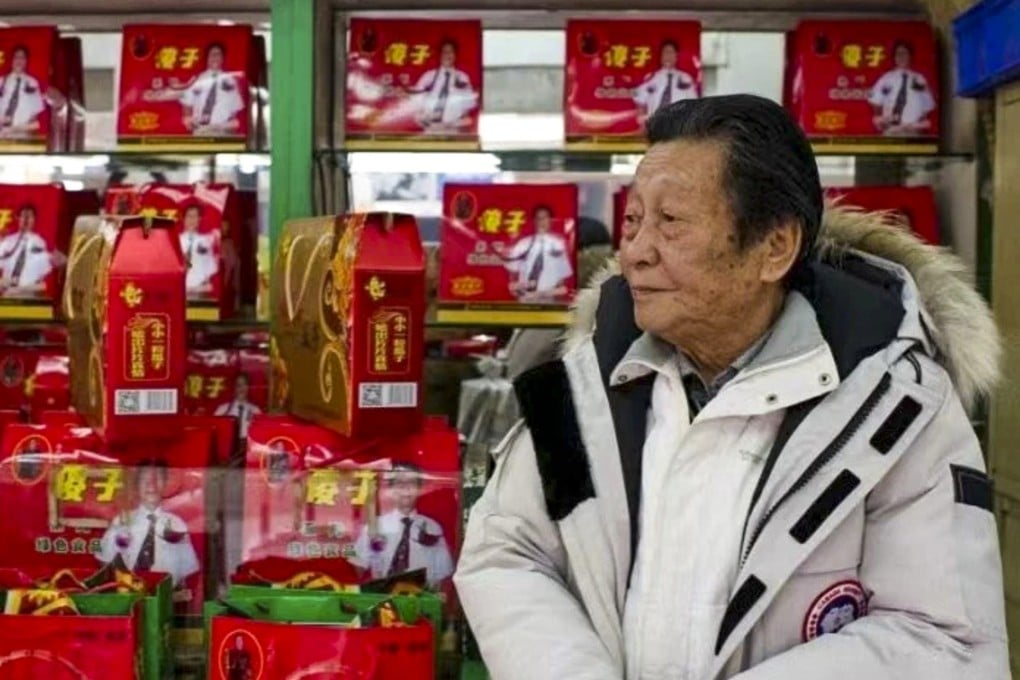Opinion | Deng Xiaoping’s tacit approval of a sunflower seed businessman won the trust of entrepreneurs. Can China do it again?
- Nian Guangjiu, known for his Idiot Melon Seeds, won tacit approval from China’s paramount leader in the 80s despite illegal hiring practices in private business
- Deng cautiously avoided anything that could derail development of the private sector, holding lessons for China today

Nian Guangjiu, a sunflower seed seller, passed away last week. His diminished status in the public consciousness by the time of his death belies his importance in China’s economic history.
While he would be considered a small potato among the country’s tycoons that followed him, Nian is a figure worth remembering. Nicknamed “Idiot” for his generous promotional sales and known for his Idiot Melon Seeds business, Nian’s case was used in the 1980s by China’s former paramount leader Deng Xiaoping to signal to the country’s nascent private sector that Beijing would not prosecute entrepreneurs for being rich or hiring workers – a controversial practice in for-profit business at the time that was regarded by many as a form of capitalist exploitation.
Nian was among the first in China to get “crazy rich” thanks to his talent for making yummy sunflower and melon seeds, a favourite treat for Chinese consumers, when the country started to tolerate private business on the periphery of a Soviet-style command economy in late 1970s and early 1980s. His business was so good that he started to hire workers, eventually surpassing the legal limit of just eight employees.
The controversy was so intense that even China’s top leader was involved. Deng knew that the whole country was watching Nian as a canary in the coal mine. If Deng showed any sign of doubt or discouragement of the venture, momentum in private entrepreneurship could be derailed. So in 1980, Deng took a wait-and-see approach, tacitly showing tolerance for Nian’s activities.
The message was well received by China’s first-generation entrepreneurs as the country emerged from the economic turmoil of the Cultural Revolution. The private economy subsequently boomed.
Deng told his comrades in 1984 that he decided to offer protection to Nian and his Idiot Melon Seeds to protect the trust of people amid China’s economic reforms, even though he was technically violating the law with hiring practices that would have given authorities justification to stop him.
With high-profile government tolerance and a de facto pardon from Deng, Nian’s story circulated throughout the country and the whole nation’s entrepreneurship was unleashed.
